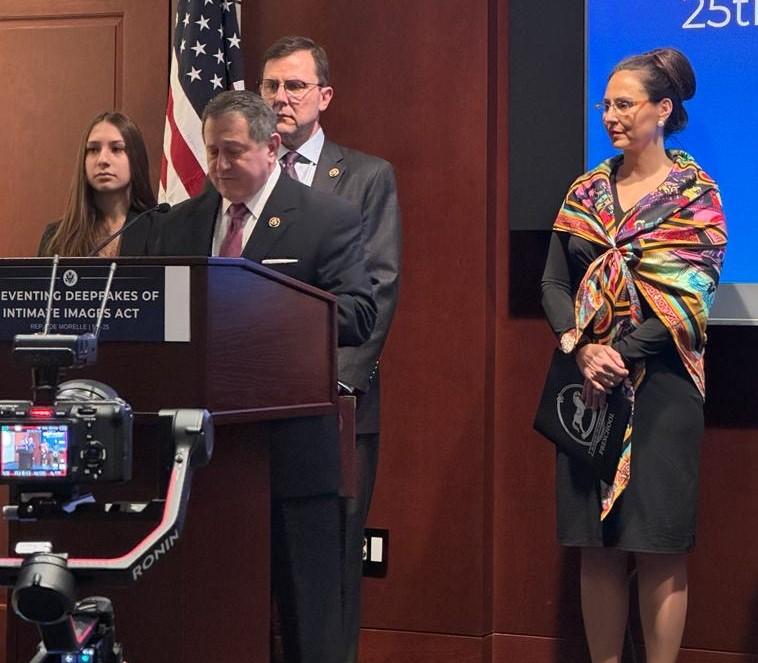Pennsylvania Gov. Josh Shapiro on Feb. 16 said that he would block any inmate executions and called on the state’s legislature to repeal capital punishment.
Shapiro—a Democrat who, as Pennsylvania attorney general, supported the death penalty for the worst and most violent crimes—said he will not sign any death warrants and will grant reprieves to prevent death sentences from being carried out.





